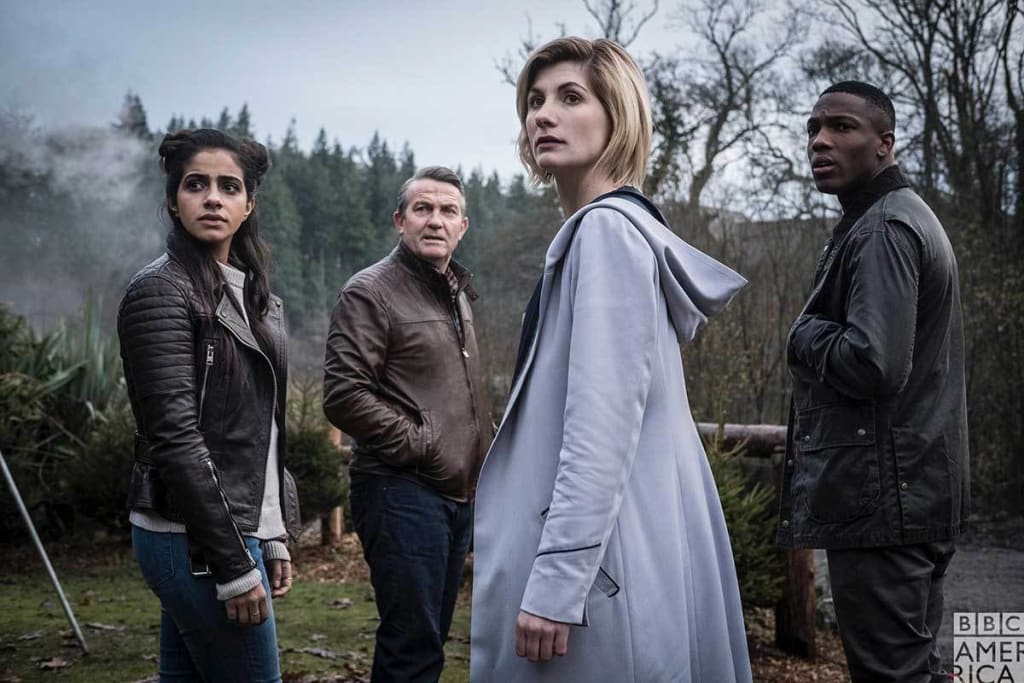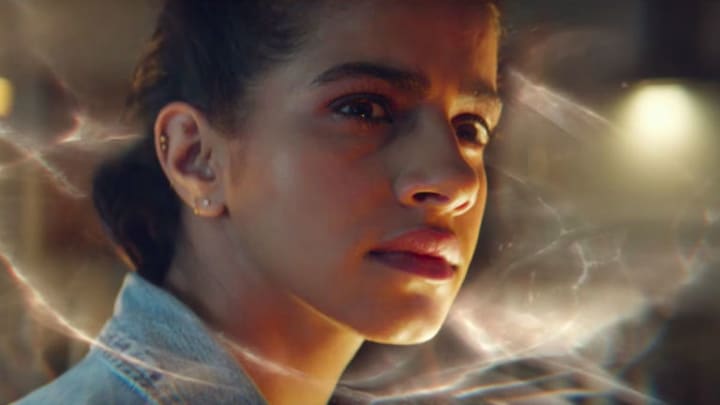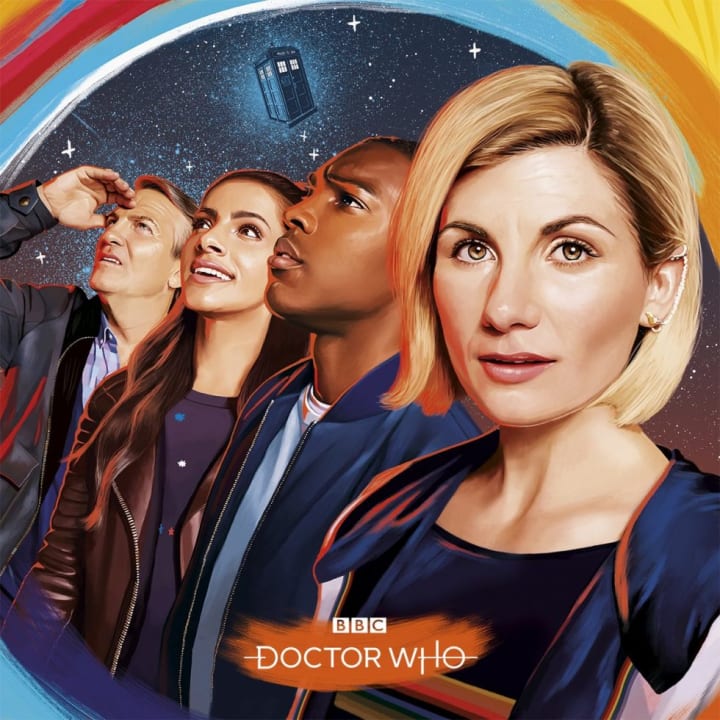'Doctor Who' Has Not Forgotten Its Past. Here Are Three Reasons Why
Fans need not be so worried.

It's a time of big change for Doctor Who fans, with a new show-runner, composer, companions, and of course, Jodie Whittaker as the Thirteenth Doctor, the first woman to ever take on the role.
Despite some controversy surrounding Whittaker's casting, the change has mostly been accepted.
Now, after the release of a trailer and other new information for Doctor Who series 11, it is a different change that has fans concerned. Namely, that iconic villains the Daleks will not appear. Series 11 is to be filled with mostly new monsters.
Some fans believe that "no Daleks" is too big a change, and that the show is forgetting its past.
They have nothing to worry about. While the new series of Doctor Who will definitely race into the future, there is plenty to indicate that the past will be equally celebrated.
1. One of The Doctor's new companions is at an important, impressionable age.

New Companion Yasmin Khan. Credit: BBC
Yasmin Khan, played by Mandip Gill, is 19-years-old. Definitely not a child, but not quite an adult yet, either.
While the age of a companion may seem like a boring, arbitrary detail, it may in fact provide a subtle link to the show's past. Think back, Whovians. Who else was just 19-years-old when her adventures with The Doctor began?

Billie Piper as Rose. Credit: BBC
Rose Tyler, the very first companion of the rival series. And then, of course, there's...
Amelia Pond. While Amy did not officially begin travelling with The Doctor until she was 21, she was 19 when he first attempted to return for her in "The Eleventh Hour."
It goes far beyond just these two. Many of The Doctor's past companions are young women taking their first leap into adulthood.
Amy and Rose had their early adult lives shaped by The Doctor, just as Yasmin now will. But while Rose saw The Doctor as a love interest, and Amy an infallible friend, Yasmin will be able to look up to The Doctor as a strong woman. This brings a refreshing change to a staple of the show.
2. It is not the first time The Doctor has had three companions.

The New Team TARDIS. Credit: BBC
While it is the first time a four-man Team TARDIS has graced the screen in NuWho, in the early days of the classic series, a cast of three companions and The Doctor was the norm.
The purpose of this structure was, originally, to represent a grumpy, slightly sinister old genius (The First Doctor), an action hero (Ian Chesterton), a young woman (Barbara Wright), and a child (Susan Foreman).
As the series went on, these dynamics shifted slightly, with The Doctor becoming a more fatherly figure, or in his second incarnation, a goofy uncle. It wasn't until the introduction of the Third Doctor that The Doctor himself stepped into the action-hero role.
On the surface, the new Team TARDIS appears to have a similar structure: a seemingly young woman, a young man, an older man, and a teenage girl. The difference now is that any one of them could be an action hero. And at one point or another, they probably all will be.
It is common knowledge among Whovians that the introduction of the Daleks saved Doctor Who from cancellation in its early days. They, later joined by the Cybermen, became one of the most memorable and iconic aspects of the series.
However, those running the show in the classic era did not want the Daleks to become stale too quickly. Therefore, they would often be rested between appearances, sometimes not appearing for years at a time.
The Fourth Doctor only had two Dalek stories in his seven-year run, while the Fifth, Sixth, and Seventh Doctors have only one Dalek story each. Did the show suffer for this lack of Daleks?
Not really. "Genesis Of The Daleks," one of the Fourth Doctor's Dalek adventures, is considered one of the best episodes of the whole classic series.
A single series without an appearance by the Daleks will not hurt Doctor Who. A bit of time away from the Daleks usually results in better Dalek stories when we do see them.
In some ways, Series 11 is celebrating Doctor Who's past more than any other series before it. But it is doing it cleverly, by also looking to the future.
About the Creator
Kristy Anderson
Passionate About all things Entertainment!






Comments
There are no comments for this story
Be the first to respond and start the conversation.